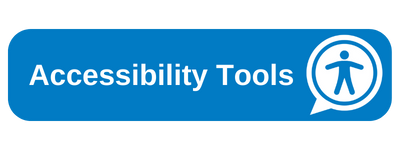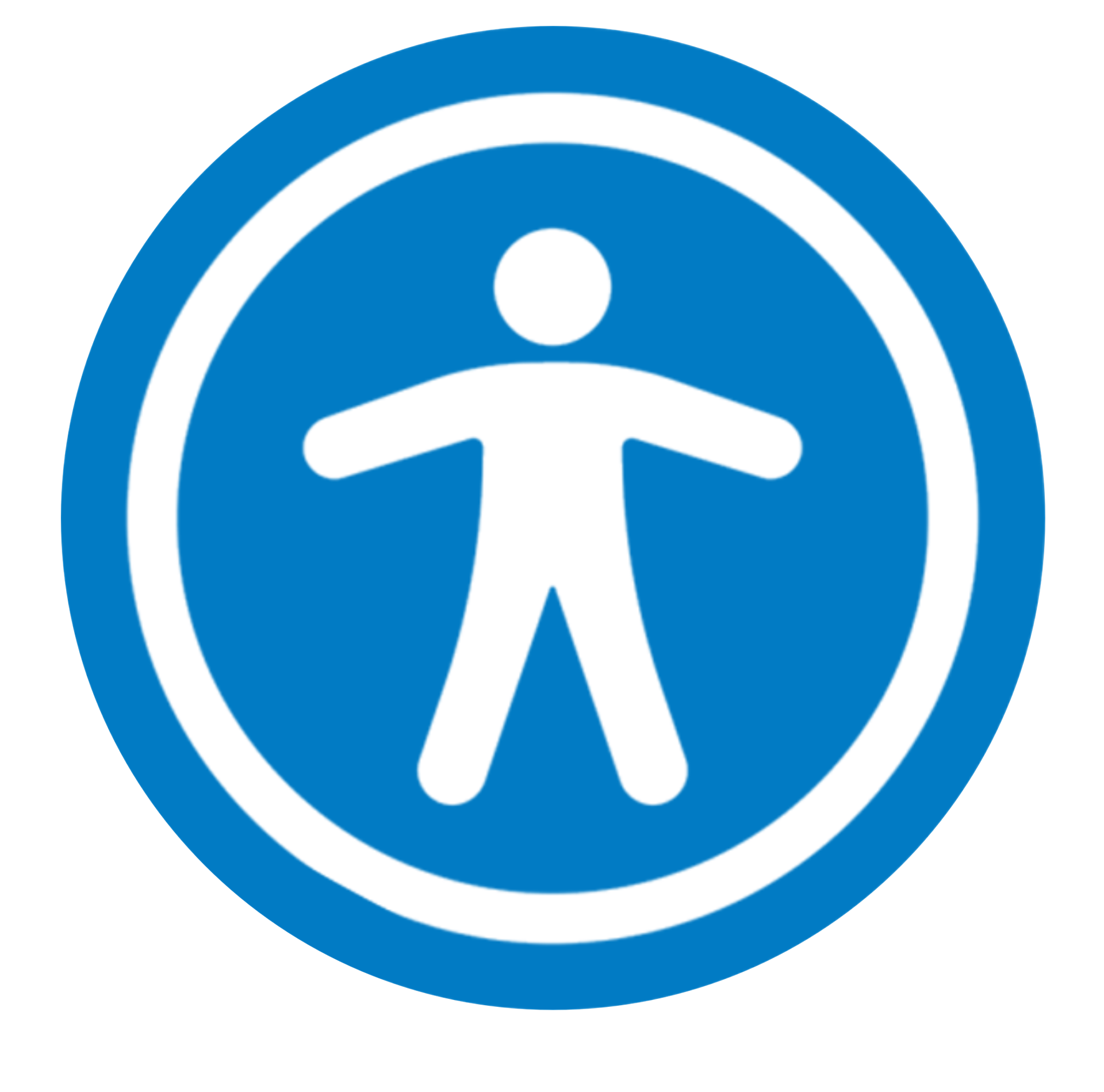You are here: All about Mental Health/cyp/CP-MHS/all-about-mental-health
SELF-HARM
What is self-harm?
Self-harm is when you hurt yourself as a way of coping with difficult or overwhelming feelings, memories or experiences.
There are many forms of self-harm. Some of them include injuring yourself in a physical way such as cutting, burning or scratching your skin. It can also include injuring yourself by hitting yourself or punching walls, poisoning yourself or overdosing. Self-harm can also be less obvious such as putting yourself in risky situations, excessive exercise, over-eating or under-eating.
Self-harm can make you feel better and might enable you to deal with difficult feelings temporarily or for a short while. However, self-harm can also bring up difficult feelings and might make you feel worse. You may feel embarrassed or ashamed of it. You may be worried about other people judging or worrying about you. You may even fear that they ask you to stop self-harming immediately.
These and other worries might mean that you keep your self-harm hidden from anyone. This is a common reaction.
How can I help myself?
If you are thinking of stopping or reducing self-harming you might find it difficult to know where to start. There are some things that you can try to help yourself initially, but you might need to try a few in order to find something that works for you.
- Keep a diary to record what happens before, during or after self-harm to understand what triggers the urge to self-harm
- Distract yourself
- Delay self-harm each time you feel the urge
 have some really useful information that you may find helpful - click their logo or here.
have some really useful information that you may find helpful - click their logo or here.
These are also some leaflets that you may find helpful:
Centre 33 leaflet:

For parents and carers: For professionals:


Calm Harm is an award-winning app developed for teenage mental health charity stem4 by Dr Nihara Krause, Consultant Clinical Psychologist, using the basic principles of an evidence-based therapy called Dialectical Behavioural Therapy (DBT).
Calm Harm provides tasks to help you resist or manage the urge to self-harm. You can make it private by setting a password, and personalise the app if you so wish. You will be able to track your progress and notice change.
Supporting families of children who self-harm
Nessie is commissioned by Cambridgeshire County Council and Peterborough City Council to provide free support to families of children and young people who self-harm. Nessie offer:
· Parent workshops across Cambridgeshire and Peterborough in schools, community settings and online;
· Targeted 1-1 parent support;
· Telephone and online parent support.
Nessie is a not-for-profit organisation providing easy access to arts therapies, counselling, support, training and supervision so that children, young people and their families can thrive. We provide support through partnering with local schools, county councils and community organisations. Parents can also reach out to us directly. We are proud to offer qualified, regulated, child centered, flexible support. Our Mental Health Leads training is quality assured by the DfE.
NEXT online Peer Support Group for Parents/Carers of Children with Self-Harming Behaviours and Complex Needs - 8 Week Course:
For other sessions, please see poster details below.

